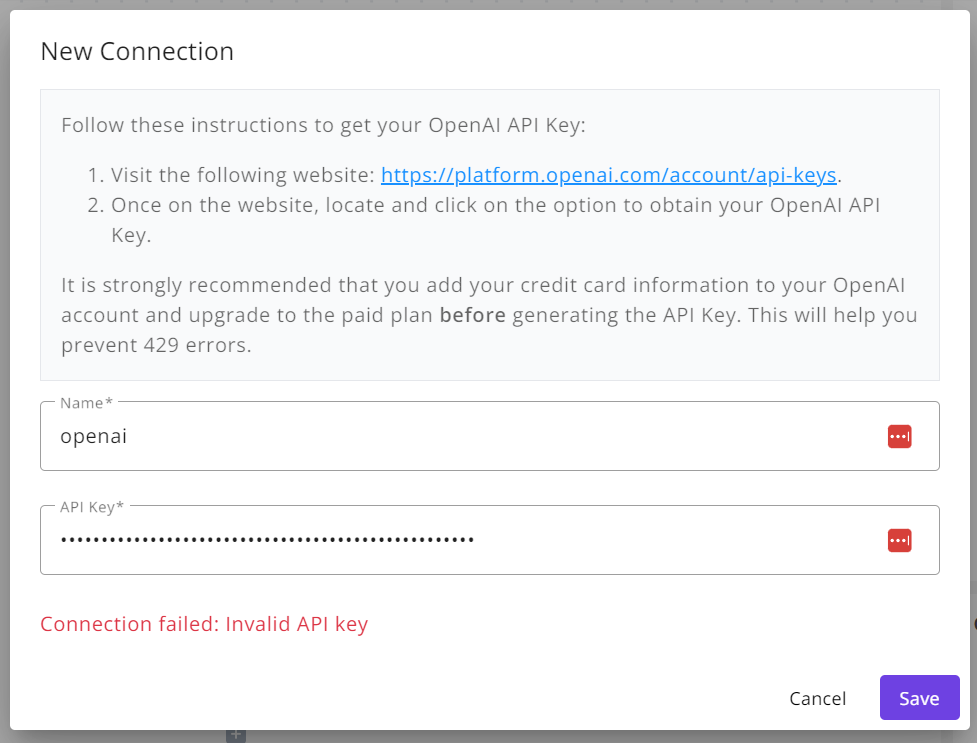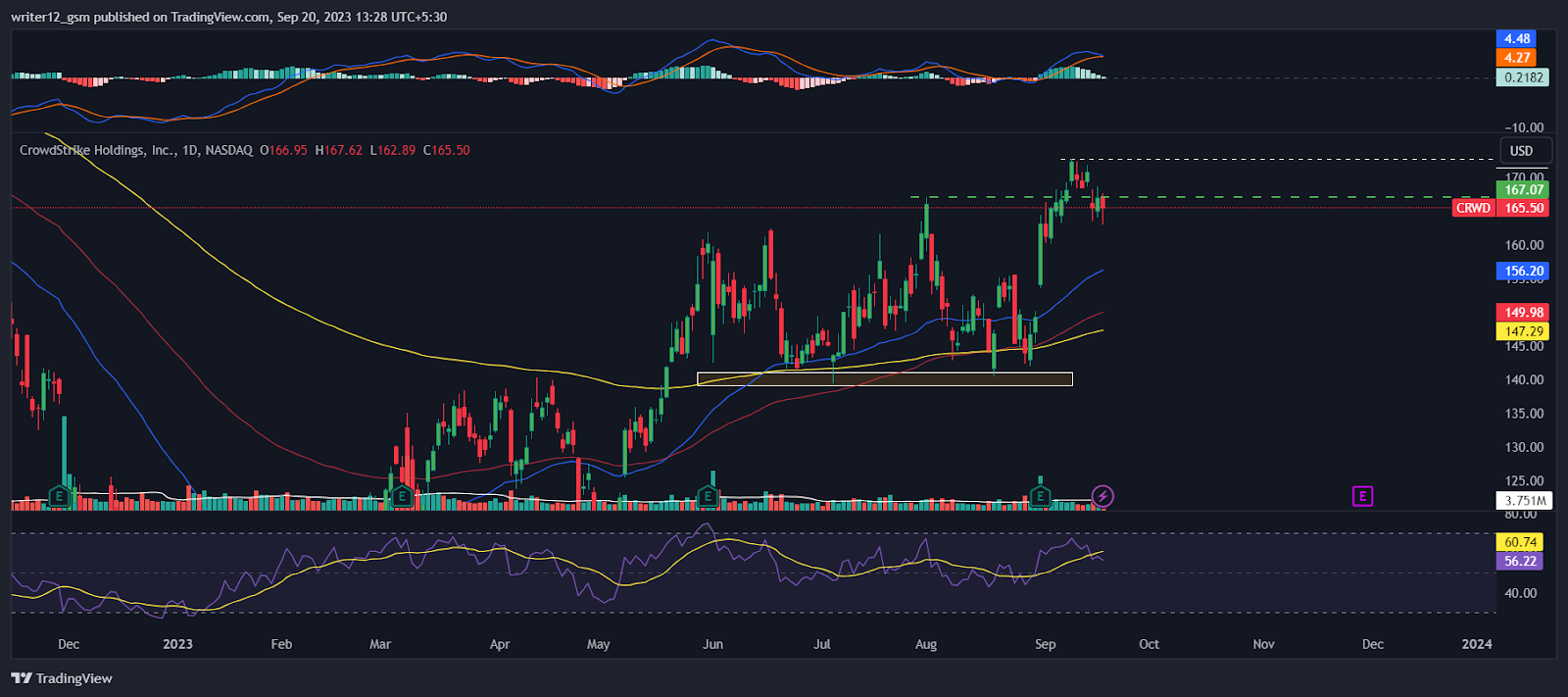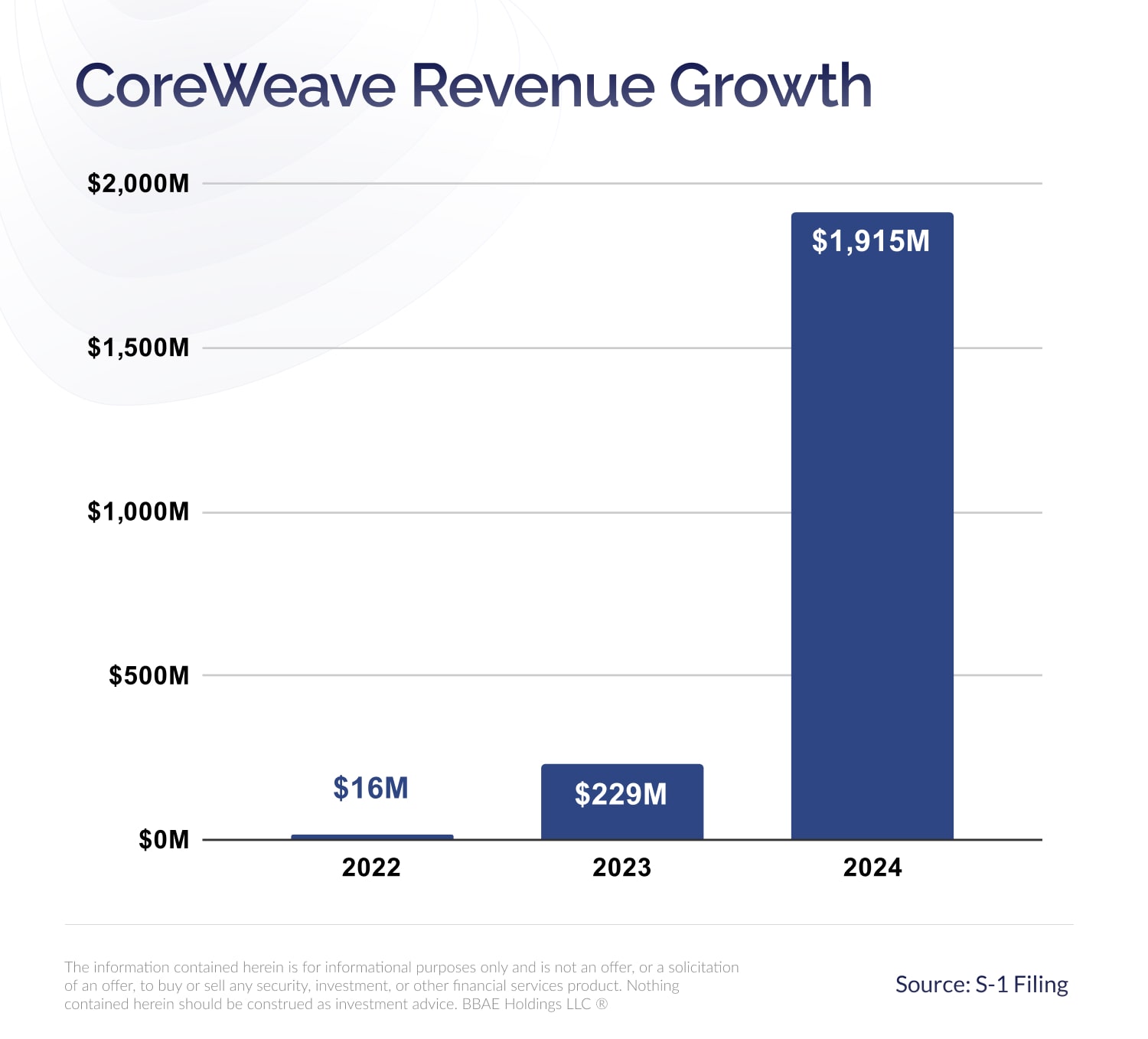Middle Managers: The Unsung Heroes Of Corporate Success

Table of Contents
The Bridge Between Leadership and Employees
Middle managers act as a crucial communication conduit, effectively translating high-level strategies into actionable tasks for their teams and relaying crucial feedback upwards. This two-way communication flow is critical for organizational success.
Effective Communication and Information Flow
Effective communication is the cornerstone of successful middle management. It ensures that everyone is on the same page, working towards common goals.
- Regular Team Meetings: Consistent meetings provide a platform for updates, discussions, and addressing concerns.
- Transparent Communication Channels: Open and accessible communication channels foster trust and encourage proactive problem-solving. This could include instant messaging platforms, regular email updates, or even company-wide newsletters.
- Feedback Mechanisms: Establishing systems for both upward and downward feedback ensures that issues are identified and addressed promptly, improving both team morale and efficiency.
Poor communication leads to confusion, missed deadlines, and ultimately, decreased productivity. Middle managers who master effective communication strategies mitigate these risks, fostering a collaborative and productive work environment.
Mentorship and Team Development
Beyond communication, middle managers play a vital role in guiding and developing their team members. They are mentors, coaches, and leaders who foster a positive and productive work environment.
- Regular One-on-Ones: Individualized attention allows for personalized feedback, goal setting, and addressing specific challenges.
- Performance Reviews: Structured reviews provide opportunities for recognizing accomplishments, identifying areas for improvement, and setting future goals.
- Skill Development Opportunities: Middle managers should actively seek opportunities for their team members to enhance their skills through training, workshops, or mentorship programs.
Investing in employee growth through effective mentorship directly impacts talent retention and increases overall team performance. Middle managers who excel at team development contribute significantly to the long-term success of the organization.
Driving Operational Efficiency and Productivity
Middle managers are not merely messengers; they are the driving force behind operational efficiency and productivity. They translate strategic objectives into practical, measurable goals and ensure their teams have the resources they need to succeed.
Strategic Implementation and Goal Setting
Effective middle managers translate high-level strategies into actionable plans for their teams. This involves setting clear, measurable goals that align with the overall organizational objectives.
- SMART Goals: Setting Specific, Measurable, Achievable, Relevant, and Time-bound goals ensures clarity and focus.
- KPI Tracking: Monitoring Key Performance Indicators allows for regular progress assessment and timely adjustments.
- Regular Progress Reviews: Consistent reviews help identify potential roadblocks and ensure the team stays on track.
Efficient implementation of strategies directly impacts the bottom line, contributing significantly to the company’s financial success.
Resource Allocation and Problem Solving
Middle managers are responsible for allocating resources effectively and solving day-to-day problems within their teams. This involves efficient budgeting, prioritization, and effective delegation.
- Budgeting: Managing resources within allocated budgets requires careful planning and prioritization.
- Prioritizing Tasks: Effective task management ensures that the most important tasks are addressed first.
- Delegating Effectively: Assigning tasks based on individual skills and strengths maximizes efficiency and empowers team members.
Effective resource management minimizes waste, optimizes processes, and leads to significant cost savings and efficiency gains. This directly impacts the company's bottom line and contributes to its overall success.
Fostering Employee Engagement and Motivation
A highly engaged workforce is a productive workforce. Middle managers play a critical role in building strong team dynamics and implementing effective recognition and reward systems.
Building Strong Team Dynamics
Middle managers are responsible for fostering a positive and supportive work environment that promotes collaboration and teamwork.
- Team-Building Activities: Organized activities help improve communication, build trust, and strengthen relationships among team members.
- Open Communication and Feedback: Encouraging open dialogue and providing constructive feedback creates a culture of trust and mutual respect.
- Conflict Resolution: Addressing conflicts swiftly and fairly is crucial for maintaining a positive and productive work environment.
Positive team dynamics directly impact employee morale, productivity, and retention rates.
Recognition and Reward Systems
Recognizing and rewarding employee contributions is crucial for boosting morale and motivation. Middle managers play a vital role in implementing and managing these systems.
- Employee of the Month Awards: Recognizing outstanding performance encourages continued high achievement.
- Performance-Based Bonuses: Rewarding employees based on their contributions reinforces positive behaviors.
- Verbal Appreciation and Recognition: Simple expressions of gratitude and appreciation can significantly boost morale.
Effective employee recognition programs positively correlate with improved performance and increased employee loyalty.
Conclusion
Middle managers are not just cogs in the corporate machine; they are the vital link that connects leadership to employees, translating vision into reality. Their contributions to communication, operational efficiency, and employee engagement are paramount to corporate success. Effective middle management is the backbone of any thriving organization. Their ability to bridge the gap between strategy and execution, mentor their teams, and foster a positive work environment is invaluable.
Key Takeaways: Effective middle management is crucial for organizational success. Investing in their development, providing them with the necessary resources and support, and empowering them to lead effectively will significantly improve overall organizational performance.
Call to Action: Recognize the invaluable contributions of your middle managers—they are the unsung heroes of corporate success. Invest in their development and empower them to lead effectively for optimal organizational performance. Consider implementing leadership training programs tailored to the needs of your middle management team to further enhance their skills and maximize their impact on your organization's success.

Featured Posts
-
 Financiering Van Transferz Door Abn Amro Implicaties Voor De Fintech Sector
May 22, 2025
Financiering Van Transferz Door Abn Amro Implicaties Voor De Fintech Sector
May 22, 2025 -
 Trinidad Concert Under Scrutiny Defence Ministers Proposed Restrictions On Kartels Performance
May 22, 2025
Trinidad Concert Under Scrutiny Defence Ministers Proposed Restrictions On Kartels Performance
May 22, 2025 -
 Cassis Blackcurrant Liqueur Flavor Profile Production And Cocktails
May 22, 2025
Cassis Blackcurrant Liqueur Flavor Profile Production And Cocktails
May 22, 2025 -
 Music Lights And Love A Coldplay Concert Experience
May 22, 2025
Music Lights And Love A Coldplay Concert Experience
May 22, 2025 -
 Terugkeer Van John Lithgow En Jimmy Smits In Dexter Resurrection
May 22, 2025
Terugkeer Van John Lithgow En Jimmy Smits In Dexter Resurrection
May 22, 2025
Latest Posts
-
 Jim Cramers Take On Core Weave Crwv The Open Ai Connection
May 22, 2025
Jim Cramers Take On Core Weave Crwv The Open Ai Connection
May 22, 2025 -
 Why Did Core Weave Crwv Stock Price Increase On Wednesday
May 22, 2025
Why Did Core Weave Crwv Stock Price Increase On Wednesday
May 22, 2025 -
 Market Reaction Deciphering Core Weave Inc S Crwv Thursday Stock Performance
May 22, 2025
Market Reaction Deciphering Core Weave Inc S Crwv Thursday Stock Performance
May 22, 2025 -
 Understanding The Core Weave Crwv Stock Dip On Thursday
May 22, 2025
Understanding The Core Weave Crwv Stock Dip On Thursday
May 22, 2025 -
 Core Weave Inc Crwv Stock Surge On Wednesday Reasons Behind The Rise
May 22, 2025
Core Weave Inc Crwv Stock Surge On Wednesday Reasons Behind The Rise
May 22, 2025
